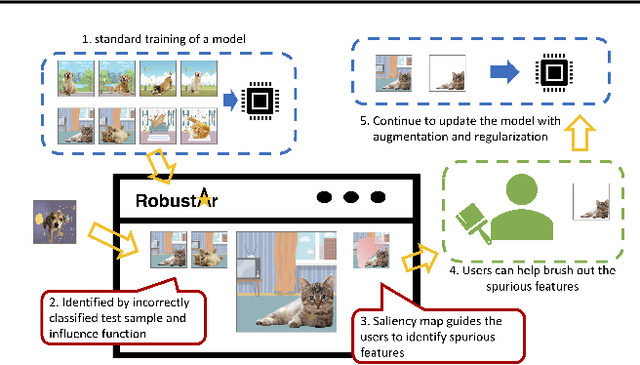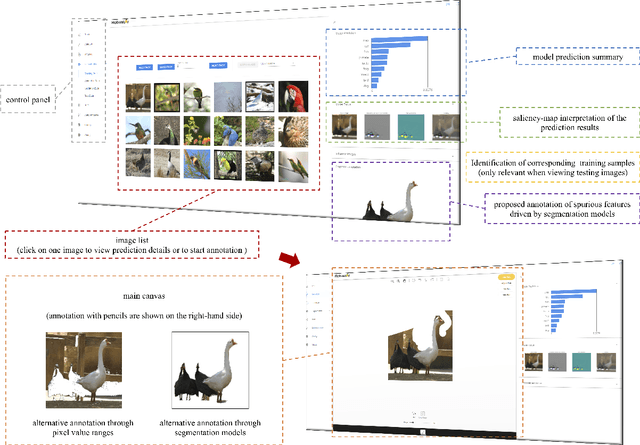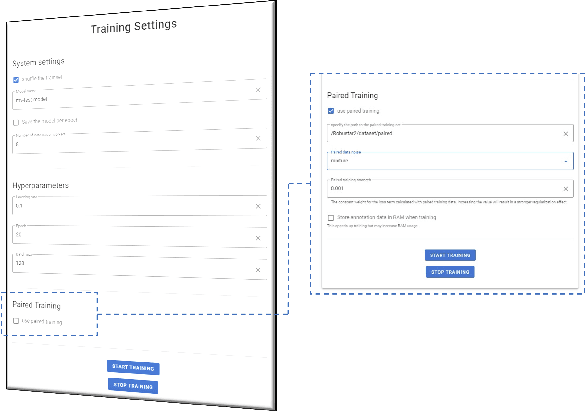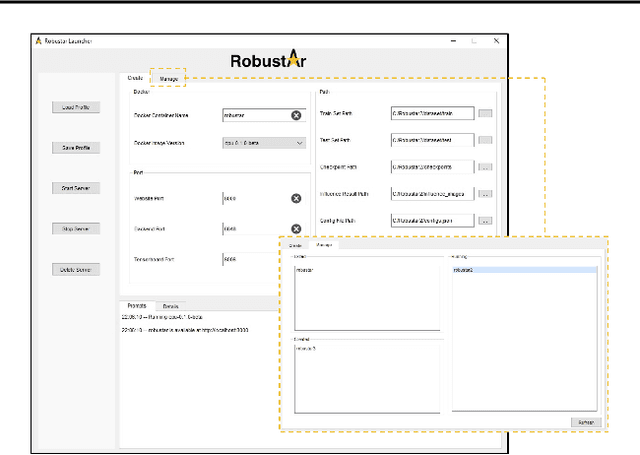Xinnuo Li
VoxAging: Continuously Tracking Speaker Aging with a Large-Scale Longitudinal Dataset in English and Mandarin
May 27, 2025Abstract:The performance of speaker verification systems is adversely affected by speaker aging. However, due to challenges in data collection, particularly the lack of sustained and large-scale longitudinal data for individuals, research on speaker aging remains difficult. In this paper, we present VoxAging, a large-scale longitudinal dataset collected from 293 speakers (226 English speakers and 67 Mandarin speakers) over several years, with the longest time span reaching 17 years (approximately 900 weeks). For each speaker, the data were recorded at weekly intervals. We studied the phenomenon of speaker aging and its effects on advanced speaker verification systems, analyzed individual speaker aging processes, and explored the impact of factors such as age group and gender on speaker aging research.
ExAnte: A Benchmark for Ex-Ante Inference in Large Language Models
May 26, 2025



Abstract:Large language models (LLMs) face significant challenges in ex-ante reasoning, where analysis, inference, or predictions must be made without access to information from future events. Even with explicit prompts enforcing temporal cutoffs, LLMs often generate outputs influenced by internalized knowledge of events beyond the specified cutoff. This paper introduces a novel task and benchmark designed to evaluate the ability of LLMs to reason while adhering to such temporal constraints. The benchmark includes a variety of tasks: stock prediction, Wikipedia event prediction, scientific publication prediction, and Question Answering (QA), designed to assess factual knowledge under temporal cutoff constraints. We use leakage rate to quantify models' reliance on future information beyond cutoff timestamps. Experimental results reveal that LLMs struggle to consistently adhere to temporal cutoffs across common prompting strategies and tasks, demonstrating persistent challenges in ex-ante reasoning. This benchmark provides a potential evaluation framework to advance the development of LLMs' temporal reasoning ability for time-sensitive applications.
Revolve: Optimizing AI Systems by Tracking Response Evolution in Textual Optimization
Dec 04, 2024



Abstract:Recent advancements in large language models (LLMs) have significantly enhanced the ability of LLM-based systems to perform complex tasks through natural language processing and tool interaction. However, optimizing these LLM-based systems for specific tasks remains challenging, often requiring manual interventions like prompt engineering and hyperparameter tuning. Existing automatic optimization methods, such as textual feedback-based techniques (e.g., TextGrad), tend to focus on immediate feedback, analogous to using immediate derivatives in traditional numerical gradient descent. However, relying solely on such feedback can be limited when the adjustments made in response to this feedback are either too small or fluctuate irregularly, potentially slowing down or even stalling the optimization process. To overcome these challenges, more adaptive methods are needed, especially in situations where the system's response is evolving slowly or unpredictably. In this paper, we introduce REVOLVE, an optimization method that tracks how "R"esponses "EVOLVE" across iterations in LLM systems. By focusing on the evolution of responses over time, REVOLVE enables more stable and effective optimization by making thoughtful, progressive adjustments at each step. Experimental results demonstrate that REVOLVE outperforms competitive baselines, achieving a 7.8% improvement in prompt optimization, a 20.72% gain in solution refinement, and a 29.17% increase in code optimization. Additionally, REVOLVE converges in fewer iterations, resulting in significant computational savings. These advantages highlight its adaptability and efficiency, positioning REVOLVE as a valuable tool for optimizing LLM-based systems and accelerating the development of next-generation AI technologies. Code is available at: https://github.com/Peiyance/REVOLVE.
Robustar: Interactive Toolbox Supporting Precise Data Annotation for Robust Vision Learning
Jul 18, 2022



Abstract:We introduce the initial release of our software Robustar, which aims to improve the robustness of vision classification machine learning models through a data-driven perspective. Building upon the recent understanding that the lack of machine learning model's robustness is the tendency of the model's learning of spurious features, we aim to solve this problem from its root at the data perspective by removing the spurious features from the data before training. In particular, we introduce a software that helps the users to better prepare the data for training image classification models by allowing the users to annotate the spurious features at the pixel level of images. To facilitate this process, our software also leverages recent advances to help identify potential images and pixels worthy of attention and to continue the training with newly annotated data. Our software is hosted at the GitHub Repository https://github.com/HaohanWang/Robustar.
 Add to Chrome
Add to Chrome Add to Firefox
Add to Firefox Add to Edge
Add to Edge